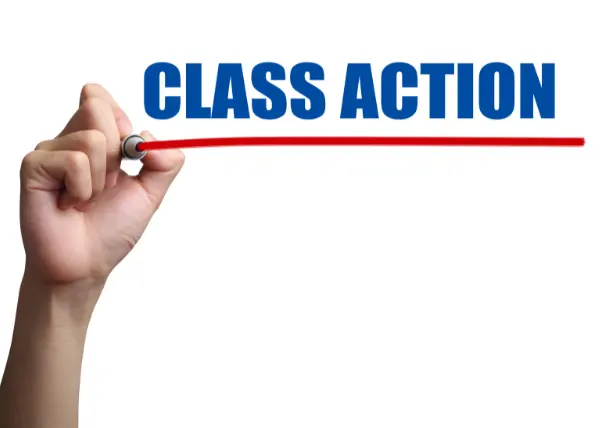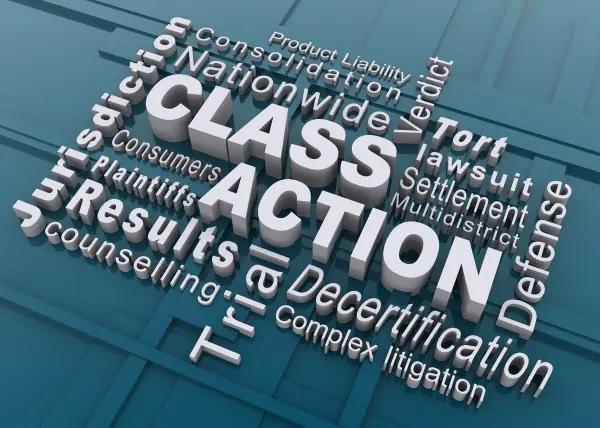
Class action lawsuits are a powerful tool for individuals and groups of people to seek justice. A class action lawsuit allows a group of individuals who have suffered the same harm, usually caused by the same defendant, to join together as a single unit in civil court. Such lawsuits can be a lengthy and complicated process, so it’s important to understand how long they typically take. In this article, we’ll explain the timeline of a class action lawsuit, from the filing of the complaint to the potential resolution.
Class action lawsuits can take anywhere from a few months to several years, depending on the factors involved. The length of the proceedings largely depends on the complexity of the case, the size and nature of the class, and other legal hurdles.
The complexity of the legal issues can substantially impact the length of a class action lawsuit. Cases involving intricate facts, numerous plaintiffs, or complex legal arguments might prolong the proceedings.
Discovery, the phase where both sides exchange evidence, witnesses, and information, often takes time. Extensive investigation and fact-finding during this phase can extend the overall duration of the case.
The number of plaintiffs involved can affect the duration. A larger class might necessitate more time for coordination, communication, and representation, potentially elongating the process.
Legal challenges or appeals at various stages of the lawsuit can add significant time to the proceedings. Appeals and motions can introduce delays as they are resolved in higher courts.
Often, cases settle before reaching trial. Negotiating a settlement that satisfies all parties can expedite closure, whereas disagreements or multiple rounds of negotiation may extend the timeline.
Court backlog or the court's schedule can influence the speed of the process. High caseloads or procedural delays in the court system might inadvertently prolong the lawsuit.
Understanding these factors offers insight into the intricate dynamics that shape the duration of a class action lawsuit. While some cases may conclude swiftly, others might take several years to resolve.
The steps in a class action lawsuit are also a factor in its duration. So, what can you expect when pursuing a class action lawsuit? Here's an overview:
Class action lawsuits involve several key legal terms. Understanding these terms can help you better understand the process and outcome of your class action lawsuit.
Class action lawsuits can lead to various outcomes, depending on the specifics of the case, the legal procedures, and the preferences of the parties involved. One potential outcome is a settlement agreement reached between the plaintiffs and defendants, often following extensive negotiations. Settlements can offer compensation to class members in monetary terms or other forms such as vouchers or product discounts. Another possible outcome is a trial, where the case proceeds to court, evidence is presented, and arguments are made before a judge or jury. If successful, the court may award damages to the plaintiffs. Additionally, a class action lawsuit can result in the dismissal of the case if the court finds that the legal criteria for class certification are not met, or if there's a lack of evidence supporting the claims. Appeals following a trial decision are also possible, potentially leading to the case being reviewed or reconsidered by a higher court, impacting the outcome of the lawsuit. Each class action lawsuit is unique, and the outcome depends on the specific circumstances, legal arguments, and the decisions made throughout the legal process.

A class action lawsuit is filed by one or more individuals on behalf of a group of people who have suffered similar harm from the same defendant.
While it's not mandatory for someone to hire a lawyer to file a class action lawsuit, many cases benefit from the expertise of an experienced legal professional. A lawyer can help determine if a case qualifies as a class action, provide knowledgeable guidance throughout the legal process, and increase the chances of achieving a successful outcome.
No, not everyone in the same class will receive the same compensation. This is because class action lawsuits typically involve a wide range of individual circumstances and damages suffered by members of the class. As such, the amount of compensation each plaintiff may receive can vary significantly.
A class action lawsuit differs from a typical individual lawsuit due to the multiple individuals banding together to file a claim against the defendant.
Class actions allow individuals with similar claims to collectively pursue justice, often providing efficiency, cost-effectiveness, and the ability to hold powerful entities accountable.
Settlements may provide monetary compensation, reimbursement for specific damages, refunds, or other remedies, depending on the nature of the case and the terms of the settlement.
If you've been hurt by a negligent company, product, or service, report it here on our website by filling in the form. We'll get you in contact with an expert partner attorney for a free consultation.





